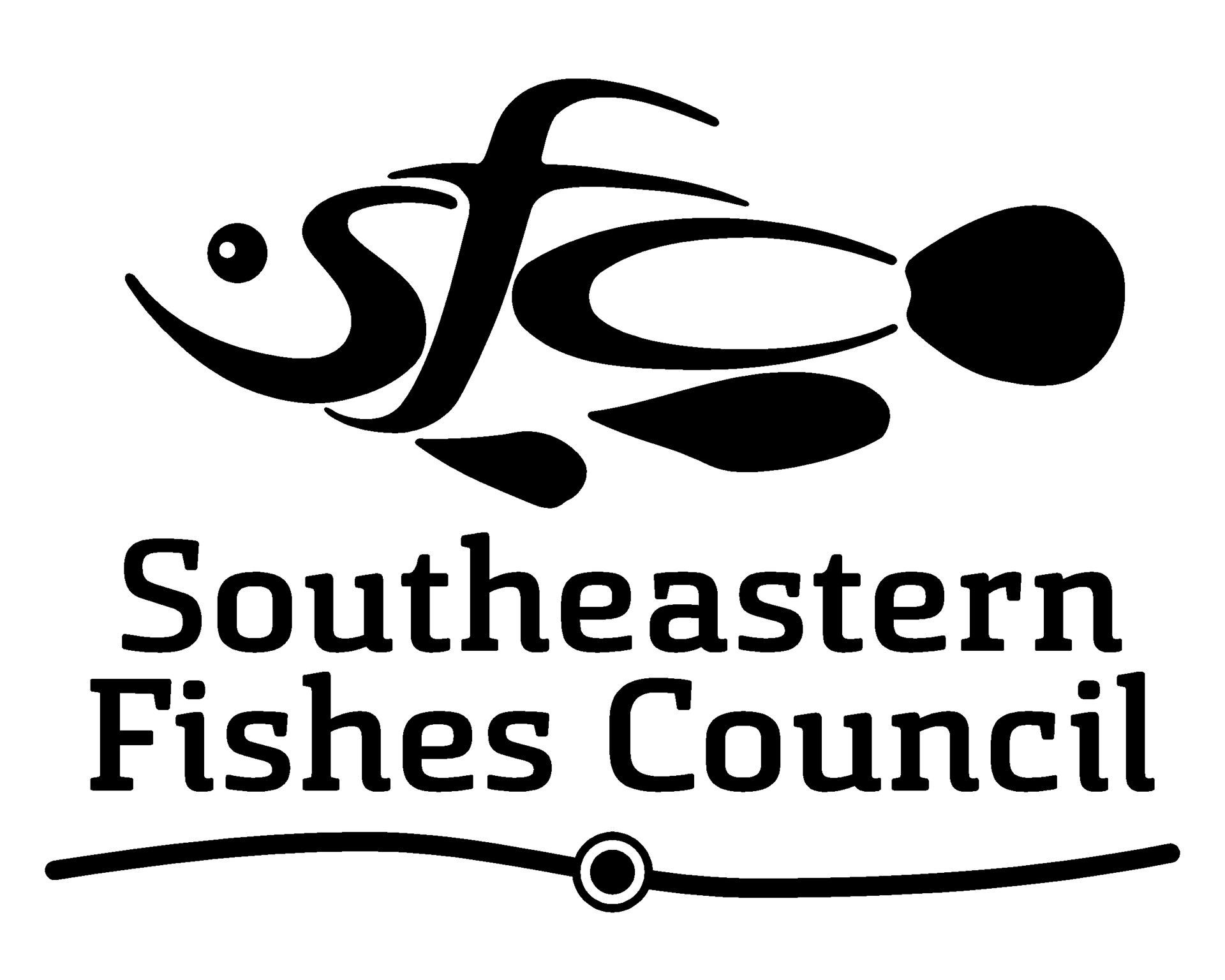Policy on Code of Conduct at Annual Meetings
The Southeastern Fishes Council (SFC) annual meeting is a forum to consider and debate scientifically relevant viewpoints in a professional and respectful manner. Meeting participants are expected to uphold standards of scientific integrity and professional ethics. SFC is committed to providing a meeting environment that (1) fosters open dialogue and the exchange of scientific ideas, (2) promotes equal opportunities and equal treatment of all participants, and (3) is free of discrimination and harassment based on any federally protected class: gender (or sex), gender identity or expression, sexual orientation, age, disability (physical or mental), genetic information, marital status, medical condition, nationality, country of origin, race or ethnicity (including color or ancestry), religion or religious belief, or military/veteran status. The policies herein apply to all attendees including speakers, exhibitors, staff, contractors, volunteers, and guests at the annual meeting and associated activities.
Harassment
Harassment is a form of misconduct that undermines the integrity of SFC and its meetings and will not be tolerated. Harassment involves behavior, speech, or writing that is not welcome and is so severe, pervasive, or recurrent that it is considered hostile, intimidating, or offensive. Harassment may be based on, but is not necessarily limited to, any of the federally protected classes listed in the preceding paragraph. Other examples of harassment include stalking, bullying, unwelcome attention (personal or cyber-based), or unnecessary touching. Actions that are acceptable to one person may not be acceptable to another. Harassment intended in a joking manner still constitutes unacceptable behavior if it is so severe or pervasive that it is considered hostile, intimidating, or offensive to the intended recipient(s) or bystander(s). Retaliation for reporting harassment is also a violation of this policy, as is reporting an incident in bad faith.
Reporting Harassment
SFC is committed to supporting a productive, dynamic, and safe environment for everyone at our annual meeting. If an individual feels unsafe or threatened, they should use a venue phone to summon security. Anyone experiencing or witnessing harassment should report the incident to an SFC Executive Officer (Chair, Past Chair, Chair Elect, Secretary, Treasurer, or SFC Proceedings Editor). Members of the SFC Executive Committee can be identified by the badges on their meeting nametags. All complaints will be treated seriously and responded to promptly. Confidentiality will be maintained to the extent that it does not compromise the rights of those involved, or to the extent allowed by law. If an individual experiences or witnesses harassment, in addition to notifying an Executive Officer, the complainant should write down the details as soon as possible, as this may help in recalling specific events in the future. The person who was harassed will not be expected to discuss the incident with the alleged offending party.
Procedures for Responding to Harassment Complaints at Annual Meetings
SFC representatives who receive a complaint should immediately notify a member of the SFC Executive Committee (see list above). As soon as possible, a meeting will be arranged between the complainant and at least two of the members of the SFC leadership team. At this meeting, an assessment will first be made as to whether the issue warrants immediate action by public security. If so, SFC will call upon public security to help ensure protection of its members and other attendees at the meeting. If not, then SFC leadership will determine whether it is necessary to meet with the individual(s) involved to apprise them of the complaint, discuss the situation, and possibly take actions to limit interactions between the individuals involved. In the event of harassment allegations, the SFC team will explain the rights and options available to the complainant and determine whether further sanctions are warranted against the perpetrator.
To a large extent, this document was copied (with permission) from the Annual Meeting Code of Conduct adapted in February 2017 by the American Society of Ichthyologists and Herpetologists
